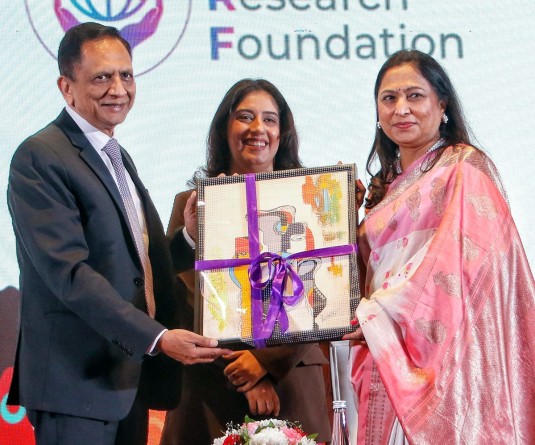(Photo: Pexels) IANS

New Delhi, December 13 (IANSlife) As social animals, we are exposed to stimuli, negative and positive, every day. How we deal with them, while holding our heads high as dignified human beings, shapes our identity and inter-personal relationships. Our scriptures teach us to denounce anger as the primary obstacle to man’s spiritual growth. A well-behaved man is generous, compassionate and kind.
However, we must ponder: Is it always wrong to experience anger? Anger often functions to uphold and preserve our dignity. Every individual is unique and reacts to situations differently. In today’s high-paced world, virtues like patience and empathy are rapidly diminishing, with an outburst of frustration, aggression, and power imbalance in society. Aggression is not anger, but merely a physical manifestation of the emotion.
The wisdom of our classical texts teaches us that anger for the sake of upholding morality and fairness in society is righteous. What, then, makes it destructive? Every day we witness anger conceiving other negative emotions like envy, hatred, and greed, resulting in malicious thoughts and actions. Outward displays of anger include violent behaviour, shouting, cursing, irritation, breaking or throwing things, and harming others or self. The wisdom of our ancient sages is stored in idioms like anger is a fire that burns its host. It also impairs our perception of others, causing flawed judgements and misdemeanours. It prevents us from ‘thinking right’, making us impatient, impulsive, and harsh. Often, young children who grow up witnessing verbal and physical arguments between family members experience emotional trauma that permanently impacts their psyche. Broken homes are responsible for delinquent children, this being one of the many indirect effects of anger.
Unchecked anger destroys human relationships, creates toxic work environments, perpetuates oppression, and disturbs one’s inner peace. It deteriorates physical health, leading to headaches, insomnia, and heart problems. Spirituality denounces anger because it makes one’s will vulnerable to outer provocations. Thus, it becomes imperative to deal with anger constructively to lead a serene and spiritually satisfying life.
There are several ways to deal with anger.
De-centre yourself: Sometimes anger stems from thwarted expectations. Managing egotism helps us to adjust and empathise. Cognitive restructuring, a psychotherapeutic technique, addresses maladaptive, distorted thoughts that cause stress and anxiety, helping to change one’s mindset. It proves helpful in treating stress-provoking situations with compassion and detachment, instead of taking them personally and being defensive.
Pause and ponder: Anger is an emotion that thrives on impulse and urgency. The ‘3 R’s – Recognise, Reflect, Respond’ proves an effective method by encouraging the person to pause and ponder before acting upon his volatile emotion. Often, after outbursts of anger, we tend to feel guilty for overreacting and hurting our loved ones. The 3-R’s help to manage such post-conflict remorse.
Conscious diversion of the mind: The key technique of releasing anger is to possess complete control over our mind and body. Anger tends to impair our reason and emotion. Deep breathing, muscle relaxation, and removing oneself from anger-inducing circumstances prove to be quite effective. Excessive energy from anger can be channelled into physical activities like sports, or brisk walking. Yoga is a time-tested method of calming our minds and delving into our divine consciousness. It diverts the mind from thinking about the source of stress and wears out the body, releasing frustration without negative consequences.
The change starts from within: It is important to change our attitude towards life to combat anger. As human beings who believe in the id, ego, and super-ego structure of our minds, we must prioritise our super-ego and ego to live in harmony with our neighbours. We are taught to be kind and treat everyone with respect, even in triggering situations. There is an old saying that “Poison kills poison”. It is not true for anger. As light dispels darkness, it is only love, empathy and understanding which can curb anger and its disastrous consequences. Today, war, terrorism, violence and bloodthirst rage all around the globe, threatening our sustenance on Mother Earth. Our actions are ruining nature and human beings’ collective future, boiling down to the faulty management of human emotions and actions.






